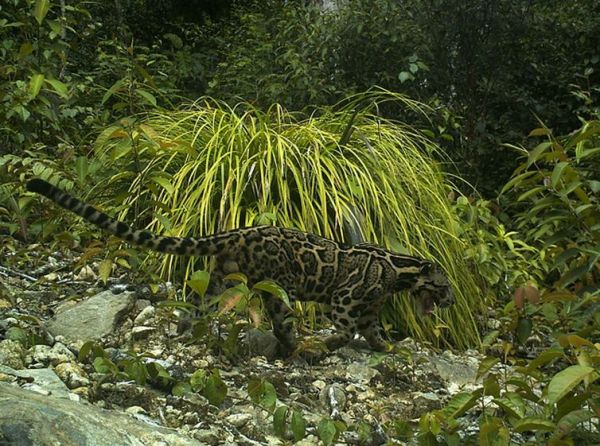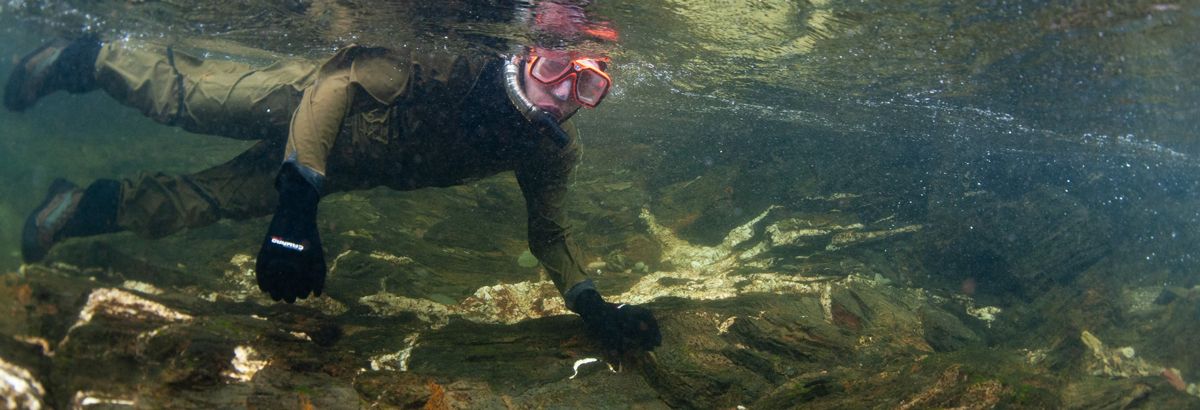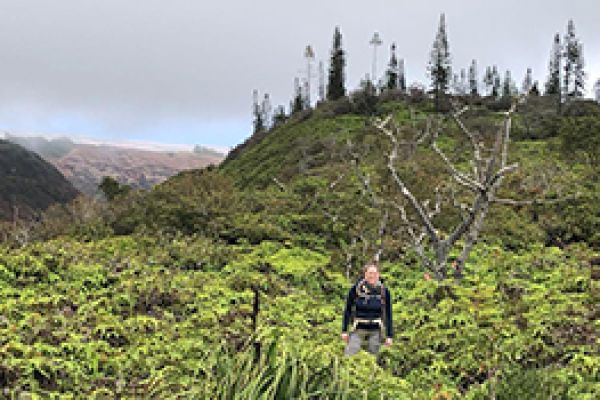Faculty in the Wildlife Biology Program lead active research programs addressing questions related to the wildlife ecology, population dynamics, conservation of wildlife, and management of anthropogenic effects on wildlife. Graduate and undergraduate students actively participate in research projects providing excellent experience from future careers in wildlife biology. The extensive and diverse wildlife populations in Montana provide an excellent study site for many projects, but the Wildlife Biology Program’s scope of research is truly global in nature.
Faculty Research Labs

Promoting informed decision making based on ecological research – the collection, synthesis, and communication of knowledge about birds and their ecosystems – for conservation of natural resources.

We are a group of integrative organismal biologists working at the interface of ecophysiology, evolutionary genomics, and systems biology. As an academic research lab, we are in the business of generating and disseminating new knowledge about the natural world.

Research with a focus on mammal population ecology, landscape connectivity, and species interactions, mostly in the tropical rainforests of Southeast Asia, particularly Borneo, where Brodie studies the meta-community of mammals living in increasingly altered habitats as well as the ecological importance of species interactions involving mammals.

Genetics contributes in many ways that were unimaginable only a few years ago. In this "age of genomics," there is perhaps no area of science with more potential to improve both nature conservation and the economy or human well-being.
Luikart is at the

We are fundamentally interested in how people interact with the natural world and how these human dimensions influence and inform natural resource management decisions.

Research on avian ecology, especially in conifer forests that have been restored by severe wildfires.

Research on how spatial processes influence evolution, population biology, and community ecology.

Research on plant population and community ecology, ranging from invasion biology to plant-consumer interactions to food web ecology.

Mills Lab - Scott Mills
Our research group integrates field studies, molecular and population genetics, and quantitative modeling tools to understand how wild animal populations — and their associated communities and ecosystems — respond to human-caused global changes. We work with a wide range of species and ecosystems around the world.

Montana Cooperative Wildlife Research Unit - Thomas Martin
Research on understanding the ecology and evolution of phenotypic traits that are also important to conservation. Birds are used for tests because behaviors and fitness components can be readily measured and they are widespread across habitats and ecosystems.

Part of the Rocky Mountain Research Station's Conservation Genetics Program, the Wildlife Genetics Lab works with states, tribes, universities and private groups answering state-of-the-art questions in wildlife genetics, and providing answers to pressing wildlife management needs.

Research at the intersection of population, community and disease ecology, with particular focus on the importance of host ecology in determining disease dynamics in wildlife.

Research for understanding 1) how wildlife such as ungulate herbivores balance the costs of predation with the benefits of foraging, and 2) how human activities influence this balance, and the ensuing conservation and management consequences to wildlife population dynamics.

